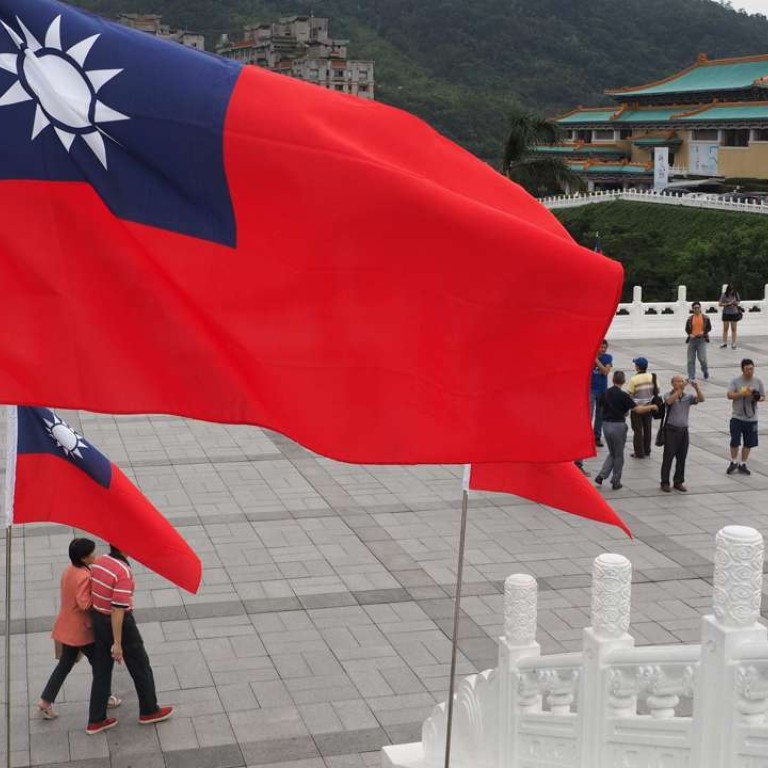
Taiwan looks south to find economic answer to cross-strait bind
Taipei is banking on a new regional approach to expand its markets and ease its reliance on the mainland but it might not bear fruit soon enough, analysts say
Taiwan’s new administration has one big hope for its NT$4.2 billion (HK$1 billion) bet to forge stronger ties with 18 markets, mostly in Southeast Asia.
President Tsai Ing-wen of the independence-leaning Democratic Progressive Party is banking on her “New Southbound Policy” to ease the island’s reliance on the mainland amid severe strains in cross-strait relations since Tsai came to office in May.
Her idea is to strengthen Taiwan’s long-term links with Southeast Asia, South Asia, Australia and New Zealand.
But while diversifying the island’s overseas markets was a worthwhile pursuit, observers questioned if it would work fast enough to make up for the loss in cross-strait business that was already being felt on the island.
The policy was a key plank in Tsai’s campaign platform in January’s presidential election. The new administration is urgently trying to reduce economic reliance on the mainland because Beijing has cut cross-strait communication over Tsai’s unwillingness to recognise the “1992 consensus”.
The consensus is an understanding on both sides of the Taiwan Strait that there is only “one China” but each side has its own interpretation of what constitutes “China”. Beijing insists it must be the foundation of any dialogue.

In the months since Tsai’s inauguration, some sectors of the economy have begun to feel the pinch.
It will at least help us market our products in Southeast Asian nations, including Cambodia and Malaysia
For example, the number of mainland visitors to Taiwan has fallen 22 per cent since Tsai took office in May.
The island is in the grip of a broader downturn. It has posted three consecutive quarters of contraction since last year. It expanded 0.7 per cent in the second quarter from a year earlier, but the recovery remains fragile. Private consumption, which accounts for about half of the economy, slowed in the second quarter while investment contracted further, according to official data.
Analysts said the policy should go some way to addressing the island’s economic woes.
“It will at least help us market our products in Southeast Asian nations, including Cambodia and Malaysia,” said Vincent Chou, chief information officer of Geosat, a leading supplier of drones.
Chou said there was growing overseas demand for Geosat’s products in the region in agriculture, geological surveys and topographical assessments in the aftermath of earthquakes.
Jeff Lin Chien-fu, president of the Taiwan Institute of Economic Research, said Taiwan had a big edge over Asean countries in industries such as medicine and electronics, so the policy should help ease the island’s economic plight. He said Taiwan should explore markets in India and Asean countries for its high value-added industries and services.
Asean countries are developing and have great infrastructure needs
“Asean countries are developing and have great infrastructure needs,” Lin said.
But it was more important for Taiwan to maintain amiable relations with the mainland, which had close ties with those countries, Lin said.
Philip Yang, president of the Taiwan Association of International Relations, said time was of the essence.
“The question is whether the Taiwanese public can wait long for the policy to bear fruit, given Taiwan is already hurting from the cross-strait stalemate.”

